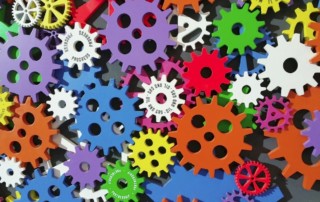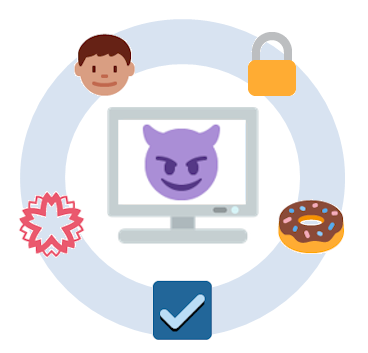Why We Know so Little About Culture and Decision-Making
There is a lot of evidence on the variation of human experience and that economic, social and linguistic environments strongly shape people’s behaviour, motivations and preferences. Despite this, these topics have not received a lot of attention in decision making psychology. In this article, I shed some light on the background of why this is the case.











